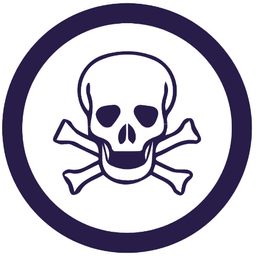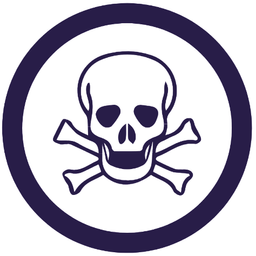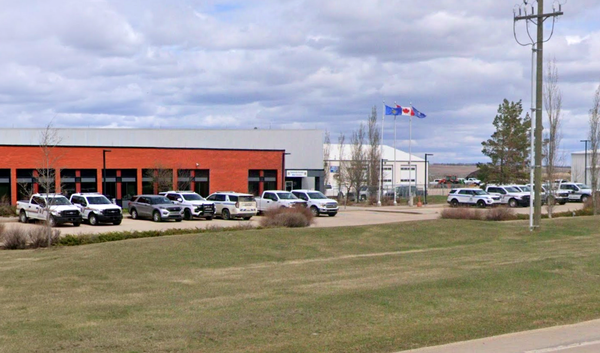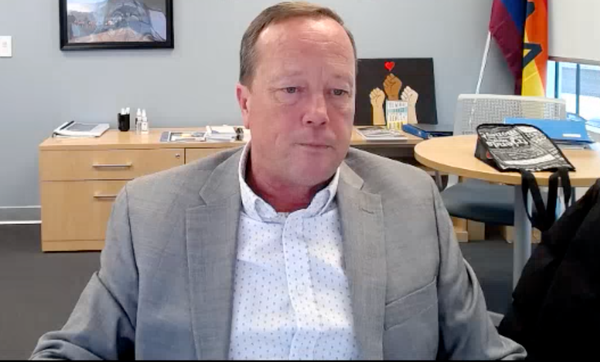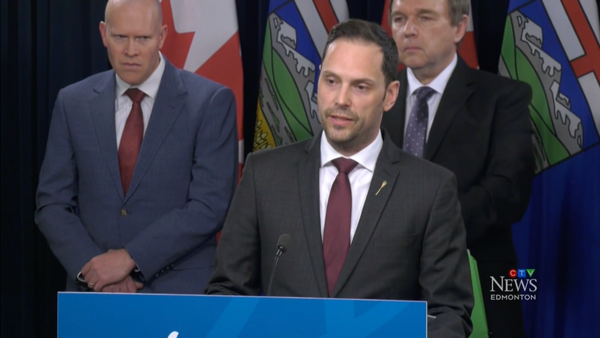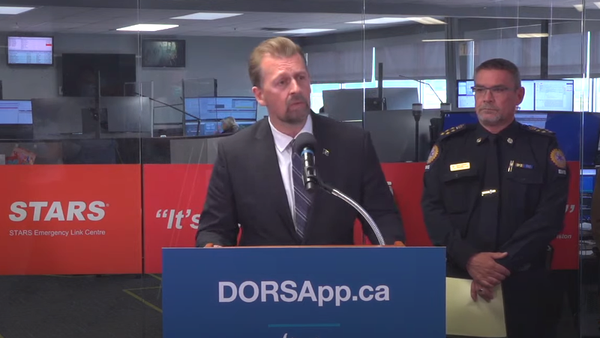Alberta recovery programs require private 'coaches,' emails show
As one recovery centre admits that recovery coaches supplied by Bowline Health are now mandatory to access its residential services, it is unclear if the Province will mandate its coaches across the recovery system. Meanwhile, the company's vertical integration expands to emergency rooms.
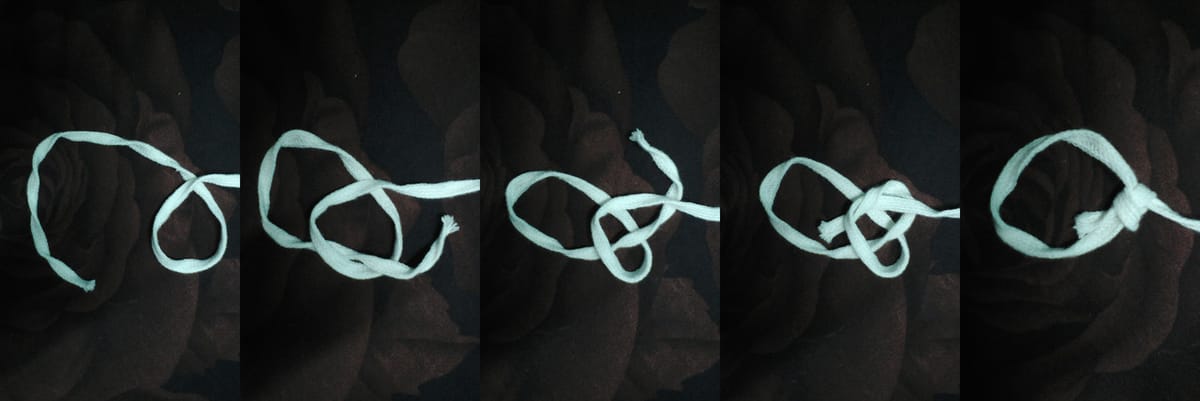
'Recovery coaches' employed by private firm Bowline Health are now required for people attempting to access at least one and as many as six publicly funded substance use recovery centres in Alberta, according to internal emails obtained through a freedom of information request by Drug Data Decoded.
The emails show increasing concern among health care workers attempting to refer clients to recovery centres from late May to June. The workers became aware of a new policy at recovery centres "that both independent and government funded programs are forcing [this] connection to unregulated staff from a third party agency."
The concerns appear to have begun on May 27, when an addictions counsellor at Recovery Alberta asked the Calgary Dream Centre about their intake process. They were told that intake required calling "Bow line health 780-666-6223... to have a recovery support worker help with Dream centre application." This was confirmed by their colleague speaking with a Dream Centre executive, who said "going forward all CDC applications must have a recovery coach."
A May 29 phone call to Bowline by another health care worker clarified that anyone applying to recovery centres including Calgary Dream Centre, Simon House, Fresh Start, Lakeview, Recovery Acres, Edgewood Health Network facilities and the provinicial jail-based 'therapeutic living units' are required to "touch base with Bowline for [a] recovery coach."
Calgary Dream Centre confirmed to Drug Data Decoded on July 18 that the centre requires recovery coaches to access their recovery programs, and that the centre works exclusively with Bowline Health. The coordinator was unaware of the existence of other companies supplying recovery coaches.
Bowline Health, Simon House and Recovery Acres were also asked whether recovery coaches are currently required to access residential programs in Alberta. Bowline denied communicating any requirement and told Drug Data Decoded to ask the recovery centres. Simon House and Recovery Acres confirmed that they work with Bowline, but coaches are not required to access their programs.
This does not match the emails shared among the health care workers, who detailed a "new process" for client intake initiated at Simon House. According to the process, "once a client is on the waitlist they are required to call Bowline Health Recovery, they inform them they are on the waitlist at Simon House."
Another health care worker stated on May 28 that “in addition to Dream Centre [sic] Simon House now also requires involvement with Bowline Health. I suspect we will see more of this.”
Simon House was asked about these inconsistencies. Its CEO, Dr. John Rook, admitted that Simon House had considered requiring clients to engage with Bowline recovery coaches but insisted that this policy was never implemented. Rook pointed to one instance of apparent confusion between the recovery centre and staff at the Rapid Access Addiction Medicine (RAAM) clinic concerning a client. The RAAM staff had "expressed strong concerns, questioning the purpose of Bowline and mistakenly believing that engagement with Bowline was a condition for admission to Simon House."
Drug Data Decoded determined that the health care workers raising these issues in the obtained emails are not associated with the RAAM clinic, suggesting that this may have been a separate issue.
In the obtained emails, one health care worker raised skepticism that recovery coaches can be made mandatory, stating that they had "passed the information on to the contracts lead for Recovery Alberta who is looking into if they can require this." Another commented on the confusion created by imposing a recovery coach on clients, saying that "I have had clients tell me about their Recovery Coach which they have never met and found out it is through this program."
Alberta's Ministry of Mental Health and Addiction has previously provided millions of dollars in grants to Bowline's parent company, ROSC Solutions Group. On July 14, Drug Data Decoded asked the ministry if it was mandating recovery coaches for people to access publicly funded recovery centres. The ministry did not respond.

'Recovery coaches' are described by the Alberta government as professional navigators with lived experience of substance use who "motivate and support [people in abstinence-based recovery programs], assertively linking them with health and social service providers, activities and resource."
The health care staff "anticipated that we will be seeing more of this moving forward from treatment centres as [the recovery coach program] rolls out."
It is unclear what role, if any, the government plays in this recovery coach requirement, but the process may echo the way recovery centres and their clients were coerced into adopting My Recovery Plan (MRP). MRP is a privately owned progress-tracking app that collects personal health information of users, including their drug use history. MRP was initially mandatory for publicly funded recovery programs but voluntary for clients accessing them, according to 2024 communications from the provincial ministry. But in early 2025, this suddenly changed as programs including the Calgary Drop-In detox were compelled by the government to require clients to enrol in MRP.
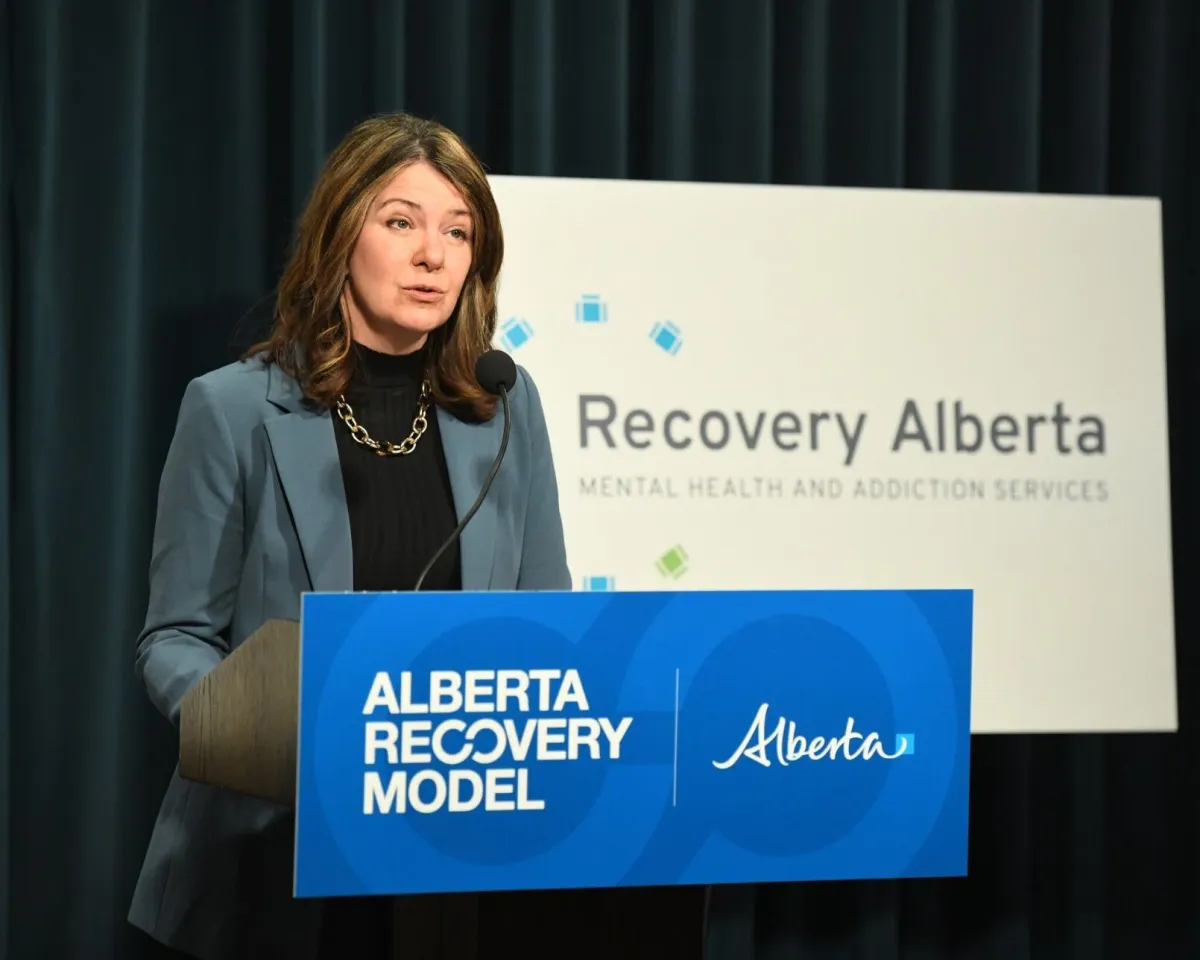
One role of recovery coaches is to serve as MRP 'navigators,' setting users up in the app and ensuring its questionnaires are completed. This allows the system to calculate 'recovery capital' scores, which are being used to evaluate recovery programs and determine future funding applications.
Bowline recovery coaches are also embedded in provincially funded urban 'navigation centres,' where people are sent after being evicted from encampments. Data published by the Edmonton Journal revealed that 80% of people evicted from encampments refused trips to the Edmonton navigation centre during the winter and spring of 2024. Despite this and other coverage of the Edmonton navigation centre, the Calgary centre appears to have had no media scrutiny since it opened in July 2024.

Bowline Health is one of five subsidiary companies of the privately held ROSC Solutions Group (RSG). The other subsidiaries are the Recovery Coach Academy of Canada (RCAC); Beccarian Correctional Care, which runs 'therapeutic living units' in jails; Recovery Training Institute of Alberta; and Lakeview Recovery Community. Each company obtains funding from the Alberta government.
The RCAC's 60 hours of training to become a recovery coach are paid for by the Alberta government for "approved individuals," which appears to stipulate people abstinent from substance use for 18 months or more. The RCAC also partners with the Connecticut Community for Addiction Recovery (CCAR) in the United States to conduct the training.
The Alberta government contracted Bowline recovery coaches in Red Deer during the government's phase-out of that city's only overdose prevention site. Health Sciences Association of Alberta president Mike Parker was sharply critical of this substitution, worrying that paramedics would now have to resort to finding people overdosing in the streets. The executive director of the shelter near the overdose prevention site defended the Bowline coaches, saying their role was to "engage with individuals and encourage them to recovery" from within the shelter, not to reverse overdoses.
The provincial government is not the only public revenue source for Bowline. A $2.5 million federal Substance Use and Addiction Program (SUAP) grant issued to University of Calgary researchers in February 2025 provides another.
This project embeds recovery coaches inside emergency departments at three Calgary hospitals, connecting them with people admitted for reasons related to substance use. Bowline Health is named as the contractor for recovery coaches by the grant authors, who are responsible for setting up "the contract with U of C for payment." Grant author Dr. Monty Ghosh was asked by email if other companies were considered for the contract but did not respond.
The job posting to hire recovery coaches into the emergency department at Peter Lougheed hospital indicated a start date of April 1, 2025, and the grant specified that four of these coaches would be hired. The posting indicated a preference but not a requirement for candidates holding a recovery coach certification.
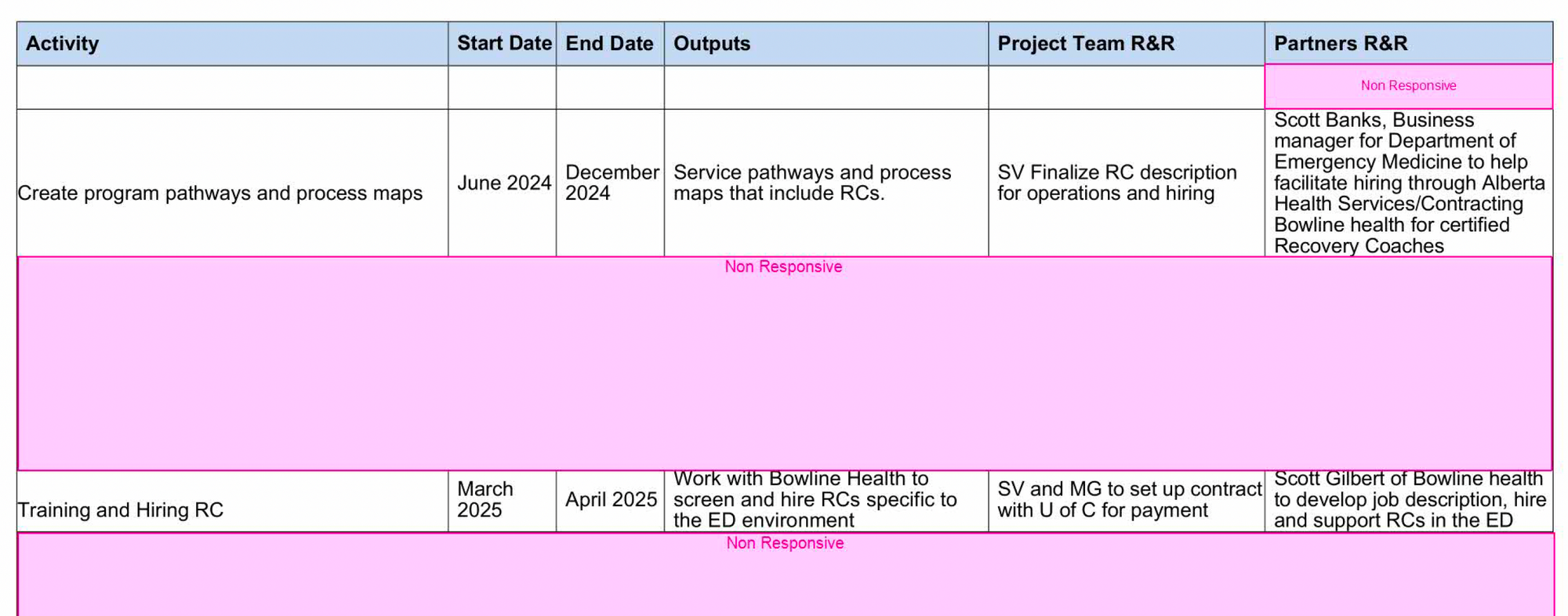
Drug Data Decoded previously reported on documents showing how ROSC Solutions Group secured the provincial contract for the Gunn recovery community alongside contracts for the Recovery Training Institute of Alberta and a 'therapeutic living unit,' which is a privately run, jail-based recovery program. In the government's grant application, it was noted that the goal for a recovery community program is that participants leave the program "not only drug-free but also employed or in school/training."
This opens the question of whether program participants are being recruited for recovery coach training by the same parent company (ROSC Solutions Group) that oversees their recovery program – then hired by the same parent company to sell recovery coach services to other publicly funded organizations.
A case study in vertical integration, ROSC Solutions Group now operates recovery programs in jails and a recovery community while employing coaches to recruit for recovery programs at shelters, navigation centres and emergency departments. ROSC Solutions Group also trains recovery coaches through its Recovery Coach Academy and trains other professionals at its Recovery Training Institute. Each operation is funded by the public.
Despite its involvement in most facets of Alberta's abstinence-oriented recovery model, ROSC Solutions Group has had limited public scrutiny. As recovery coaches are now mandatory to access at least some publicly funded recovery centres, the entrenchment of private services using public health dollars appears to echo the provincial government's manoeuvring around My Recovery Plan.
With provincial and federal money pouring in to support the strategic placement of its "unregulated" employees, Bowline and ROSC Solutions Group appear set for massive private growth on public funding, with little or no visible competition.
If you have additional information on this story, please get in touch at info@drugdatadecoded.ca, where media can also request documents related to this story.
An early version of this story was shared with paid subscribers on July 18.
Drug Data Decoded provides analysis using news sources, publicly available data sets and freedom of information submissions, from which the author draws reasonable opinions. The author is not a journalist.


